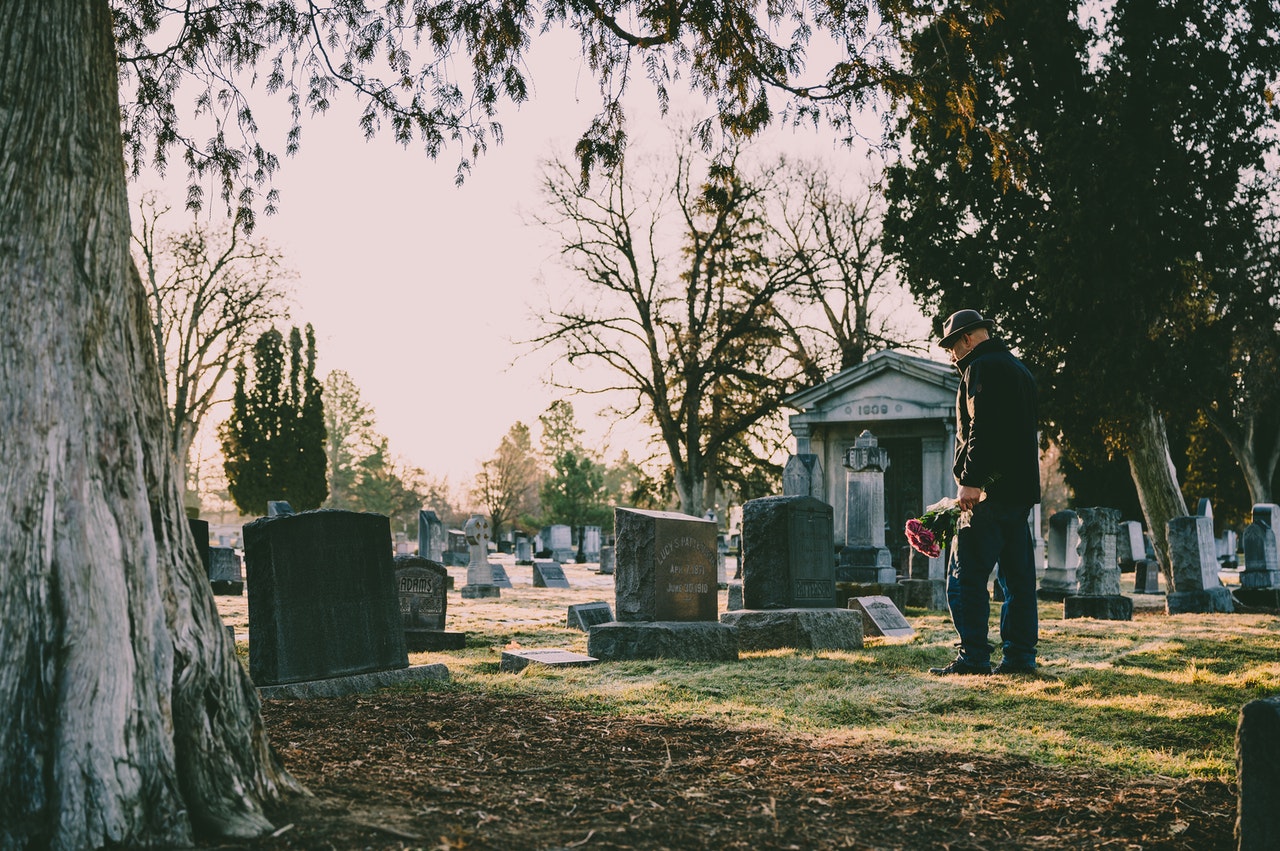
Coping with the loss of a loved one
Losing someone you love is part of life and how we cope with it will determine how we move forward. There is no timeline for how long the grieving process takes, but there are tips to cope with the loss of a loved one. The way we cope with loss is circumstantial based on the relationship we had with the deceased as well what you personally takeaway from the loss.
When we initially lose someone important in our lives, we typically experience shock, confusion, and some people may experience anger or guilt depending on the way we lost that person. Once we begin to process that the person is really gone, sadness typically overwhelms us, and some people fall into a depression. As time goes one, the sadness can begin to diminish and the memory of your loved one lives on. Everyone’s experience in coping with loss is different and each person will enable different coping strategies. As previously believed, there are no concrete progressive steps to grieving as many people will experience good and bad days after experiencing a loss. Research has shown that most people can recover well from a loss on their own through the passage of time if they have strong social support and healthy habits.
If your relationship with the deceased was difficult, this will also add another dimension to the grieving process. It may take some time and thought before you are able to look back on the relationship and adjust to the loss.
Mourning the loss of a close friend or relative takes time, but research has told us that it can also be the catalyst for a renewed sense of meaning or purpose in life. This new purpose could be temporary or a starting point for the rest of someone’s life. Grieving individuals may find it helpful to enlist one or some of the following strategies to help process and come to term with the loss:
• Talk about the death of your loved one
This may be particularly difficult when the loss is fresh but over time it will become easier to discuss the events that led to the passing of your loved one. Avoiding the topic all together, could stunt the grieving process and lead to isolation.
• Accept your feeling
During the grieving period, you may experience a large range of emotions including sadness, anger and even exhaustion. All of these emotions are normal, and it is important to recognize when you are feeling this way. If you are feeling stuck or overwhelmed by these emotions, it may be helpful to talk with a trusted confidant or talk to a licensed psychologist or other mental health professional who can help you cope with your feelings and find a way to get yourself back on track.
• Take care yourself and your family
Eating and drinking well, exercising, and getting plenty of rest can help you with your emotional and physical health. The grieving process can take a toll on your body. It is important to check in on your loved ones if they are currently grieving to make sure they are taking healthy steps to maintain their mental and emotional health.
• Reach out and help others dealing with the loss.
Spending time with loved ones of the deceased can help everyone cope. Whether it’s sharing stories or listening to your loved one’s favorite music, these small efforts can make a big difference to some. Helping others has the added benefit of making you feel better as well.
• Remember and celebrate the lives of your loved ones.
Anniversaries of a lost loved one can be a difficult time for friends and family, but it can also be a time for remembrance and honoring them. It may be that you decide to collect donations to a favorite charity of the deceased, passing on a family name to a baby or planting a garden in memory. What you choose is up to you, as long as it allows you to honor that unique relationship in a way that feels right to you.
Overall, we as human beings are naturally resilient to loss considering most of us can endure loss and then continue with our own lives. But some people may struggle with grief for longer periods of time and feel unable to carry out daily activities. Individuals with severe grief or complicated grief could benefit from the help of a psychologist or another licensed mental health professional with a specialization in grief.
There are many resources you can consider after losing someone. There are a number of support groups, mobile apps, help lines and you can even use psychology today to find a mental health professional of many disciplines.
Contact us today for more information about Ottawa dementia care and services coping with loss. Email at: info@myplacehomecare.ca or Call: 613-686-6366

